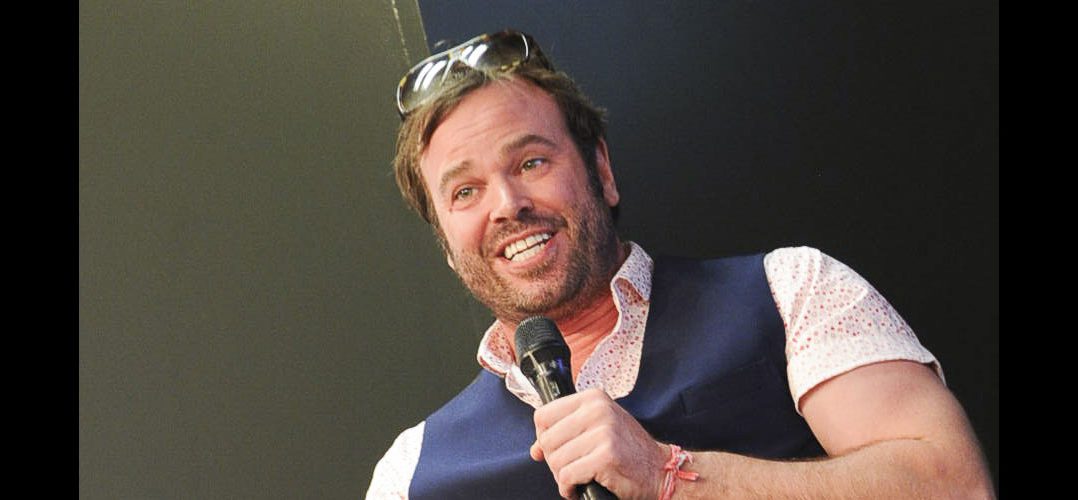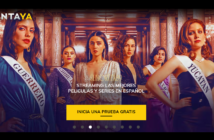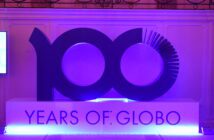Brian Cobb (left in above photo) is a pioneer of diverse content, having co-produced The Horizon, the most-watched LGBTQ series on YouTube. Today, ahead of MIPCOM 2018’s renewed focus on diversity, he shares his views on the subject with MIPBlog.
MIPBlog: This will be the third consecutive year since 2016 that MIPCOM focuses on diversity in entertainment. What progress do you feel has been made since then? What progress remains to be made?
Brian Cobb: Locally in Australia and from my experience of International content is that positive progression has certainly been made. I see more diverse characters on screen that are fully developed and not tokenistic. This is a great step and needs to keep rising. We can still push the envelope more and ensure that positive and relatable role models across all cultures are platformed in our storytelling.
In Australia there is a huge push from our screen agencies to ensure creative teams include people from culturally and linguistically diverse backgrounds. I’m a huge fan of this.
> #metoo has been the biggest movement in terms of diversity this past year. How has it impacted the TV industry in particular?
This movement has impacted the TV industry in the most powerful of ways. Certain parts and people in the industry needed to grow up and unfortunately things got to where they did for people in immense pain to find the courage to unite and take action, which I fully support.
The movement has had two major positive outcomes in Australia:
– Victims of sexual harassment, assault and/or abuse now know they can speak up with the full support of the industry and not feel isolated, ashamed or that it may kill their career.
– Leaders of the industry now fully understand the gravitas of the movement and are responsible for ensuring processes are in place to stamp out sexual harassment, assault and/or abuse. Screen Australia has been very progressive and swiftly put in place a sexual harassment code of conduct.
> At MIPCOM 2017, Sir Lenny Henry suggested tax breaks for diverse programming were a good way forward. Do you agree?
100%.
> Are all sectors of diversity progressing at a similar rate, or are some doing less well?
Tough question…
From my experience over the last 8 years of producing THE HORIZON digital series, which focuses on the trials and tribulations of gay men in Sydney, the abuse we got on social media from when we began to now has dropped significantly. This tells me that the keyboard warriors began to accept that gays aren’t going to eat your soul or steal your first born and they grew up. Or maybe they found another minority to abuse.
Each country will have its own challenges in trying to balance out the inequalities of representation on screen and each one will be different. I have been told by people that know that the Transgender community in Australia is very fractured at the moment. Is saying that, I have seen a slight rise in Transgender content and creatives at industry events which is awesome.
> How diverse do you hope TV will be by 2020? What would it take to get there?
Hopefully there will be a continual and significant presence of diversity on and off screen by 2020.
I feel there has never been a better time for misrepresented and underrepresented communities to create. The unique voices of these communities are new and fresh and may not have been explored before. User generated content and self distribution of this content is easier than ever before. I hope that audiences looking for such content can find it, thus creating a large audience base that will certainly interest networks, broadcasters and/or streaming platforms.




